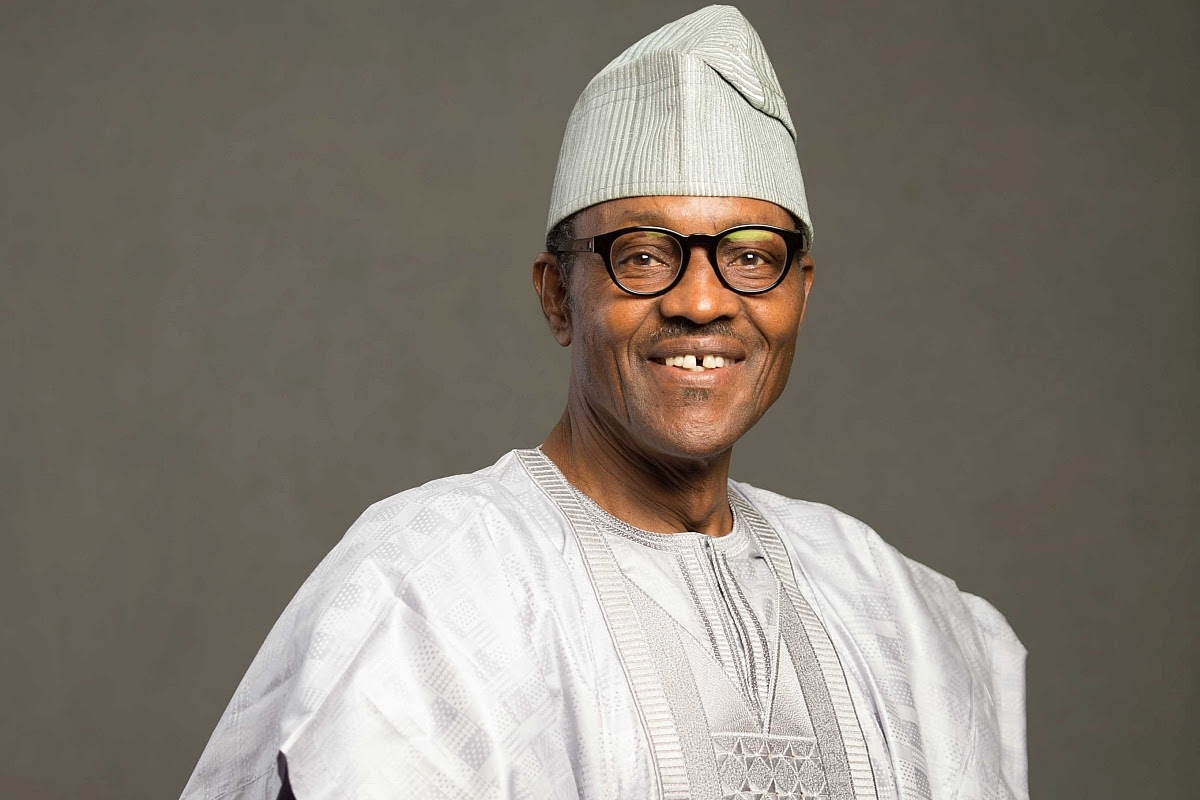The Telecommunications sector worldwide has been a key driver of economic growth and development because of its strategic role in linking other sectors of an economy, and if President Buhari is to have any chance of achieving some of the goals he has set out in the coming years, the importance of a vibrant telecommunication sector with modern infrastructure cannot be overemphasized. The sector will serve as a key element of domestic economic growth, a prerequisite for participation in increasingly competitive world markets and for attracting new investments.
- President Buhari- He has a big task ahead.
Some of the direct impacts of Telecommunication on economic and social development are
i. Information Flow: Telecommunication serves as the bridge between the rural and urban areas by powering information flow thereby reducing underdevelopment gaps
ii. Employers of Labour: The Telecommunication sector in Nigeria directly and indirectly employs over 1 million Nigeria today and is expected to significantly increase this number in the coming years
iii. Efficiency of Market Operations: By facilitating information flow and enhancing communication between buyers and sellers, telecommunication increases the efficiency of market operations.
iv. New ideas diffusion: Providing a cost effective and time efficient medium for accessing and diffusing new ideas and knowledge which have been identified by economists as key elements for stimulating economic growth.
v. Partner to other key economy driving sectors; Banking, Oil and Gas, Agriculture, Manufacturing, eCommerce, mining, etc.
Besides its direct contribution to end-users, telecommunication networks and their use generate significant spillover effects to other sectors of the economy. Once the telecommunication infrastructure is built in any nation, it is available to all sectors of the economy and some of its benefits include the lowering of transaction costs, easier access to the internet and the ability to control a wide range of production and organizational activities.
As the May 29th inauguration date of President Elect, Muhammadu Buhari and Prof Yemi Osinbajo draws close, the general atmosphere in Africa’s biggest economy is that the promised change would sweep through every sector in the economy, from banking to manufacturing to telecommunications with a potential shake up that could affect already established juggernauts like MTN Nigeria.
With muted accusations of corruption; government officials having specialized shorts codes which served as kickbacks from MTN Nigeria, and If the reaction of Nigerian youths on the streets and on social media platforms to the recent Xenophobic attacks in South Africa and statements attributed to a Corporate communication executive at MTN Nigeria threatening loss of Jobs for Nigerians if some actions were not reconsidered, there is a certain tension about how the incoming government would react to a company that has significant financial clout and is used to getting its own way.
One company that has over the years been positioning itself as a supporter of entrepreneurship, job creation, innovation and service excellence, and a potential partner of the incoming government in the hard task ahead of it is Etisalat Nigeria, the latest entrant in the Nigerian telecommunications sector.
With the company gaining most in the recent mobile number portability exercise by the NCC, a forward thinking management, information openness and with the younger population accounting for a majority of its subscribers, the company is uniquely positioned as a private sector partner and if the company can continue in its path can represent a breath of fresh air in the tightly controlled telecommunications sector.
With its recently launched Easy business Millionaires hunt, the company plans to empower 10 SMEs with innovative business ideas with over 20 Million naira worth of financial grants, while offering other value added services to thousands of other businesses helping them grow and scale.
With other direct and indirect investment into the Nigerian economy with initiatives targeted at creating employment and entrepreneurship under its Easy business framework, thousands of jobs will be created in 2015 alone.
Not to be a pessimist but to look at existing facts, the Nigerian government has a big task ahead of it plugging leakages created by 16 years of PDP rule in Nigeria and a vibrant private sector will be key in economic stability and growth in the next couple of years.
This piece was written by Adebayo Kevin


No comments:
Post a Comment